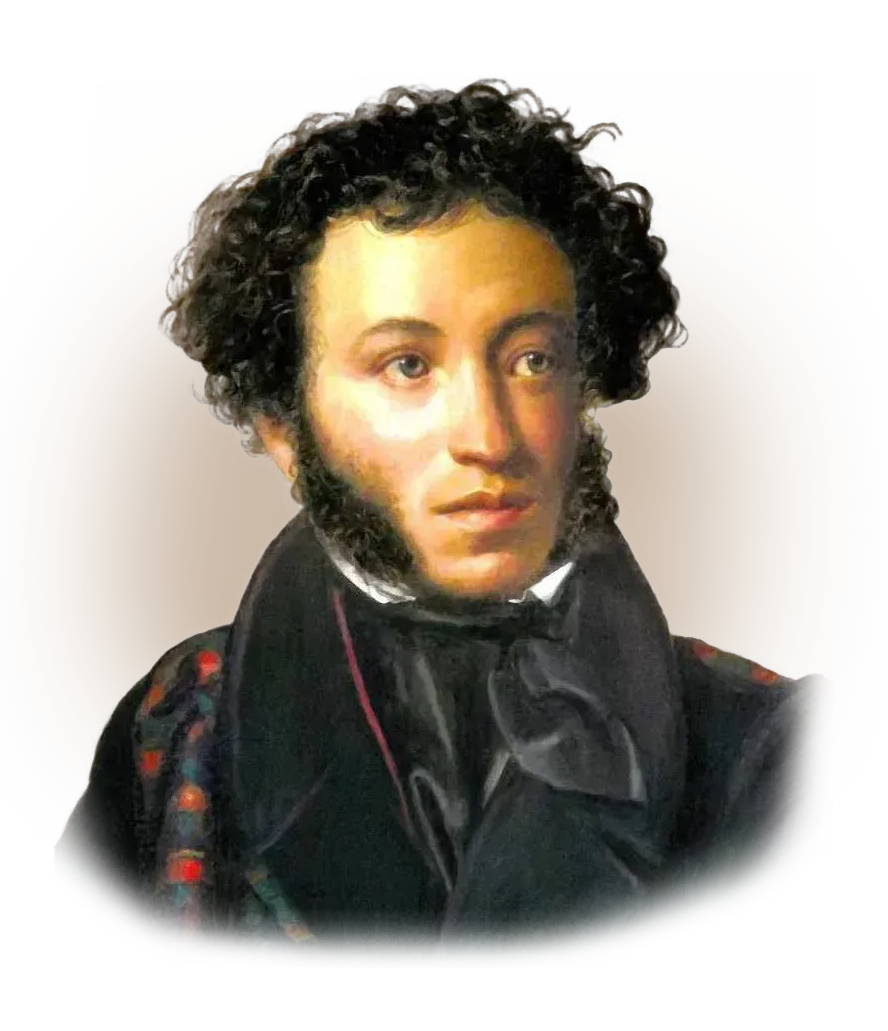
28.12.2023
Alexander Pushkin, often hailed as the father of modern Russian literature, was a master at infusing his works with rich mythological elements. This article delves into the profound usage of mythological motifs within Pushkin’s literary creations and explores how these elements added depth and significance to his writings.
Alexander Pushkin, often hailed as the father of modern Russian literature, was a master at infusing his works with rich mythological elements. This article delves into the profound usage of mythological motifs within Pushkin’s literary creations and explores how these elements added depth and significance to his writings.
The Influence of Greek Mythology
Pushkin’s fascination with Greek mythology is evident in various facets of his poetry and prose. His reimagining of figures like Orpheus, Prometheus, and others serves as a testament to his deep engagement with these classical myths. Analyzing how Pushkin reinterpreted and reshaped these myths in his works, such as “The Prisoner of the Caucasus” and “Ruslan and Ludmila,” reveals the extent of his creativity in incorporating Greek mythological elements.
Slavic Mythology in Pushkin’s Works
Beyond the realms of Greek mythology, Pushkin also drew inspiration from Slavic folklore and mythology. Exploring the Slavic mythological motifs present in his works sheds light on his connection to native cultural narratives. The incorporation of characters or stories from Slavic mythology, albeit less conspicuous than their Greek counterparts, underscores Pushkin’s diverse literary palette.
Symbolism and Allegory in Pushkin’s Mythological Motives
The significance of mythological motifs in Pushkin’s works goes beyond mere storytelling; they often serve as vehicles for symbolism and allegory. Investigating how these motifs are used as symbolic representations of broader themes like love, freedom, and destiny in his poetry and prose enriches our understanding of Pushkin’s literary craftsmanship.
Legacy and Influence
The enduring appeal of Pushkin’s works lies in the timeless nature of the themes and motifs he employed. His adeptness in intertwining mythological elements with human experiences continues to captivate readers and serves as a source of inspiration for subsequent generations of writers and artists.
The profound utilization of mythological motifs in the literary universe of Pushkin contributed significantly to the depth and universality of his works. By exploring and reinterpreting classical myths and folklore, Pushkin created a literary legacy that transcends temporal and cultural boundaries, leaving an indelible mark on world literature.




